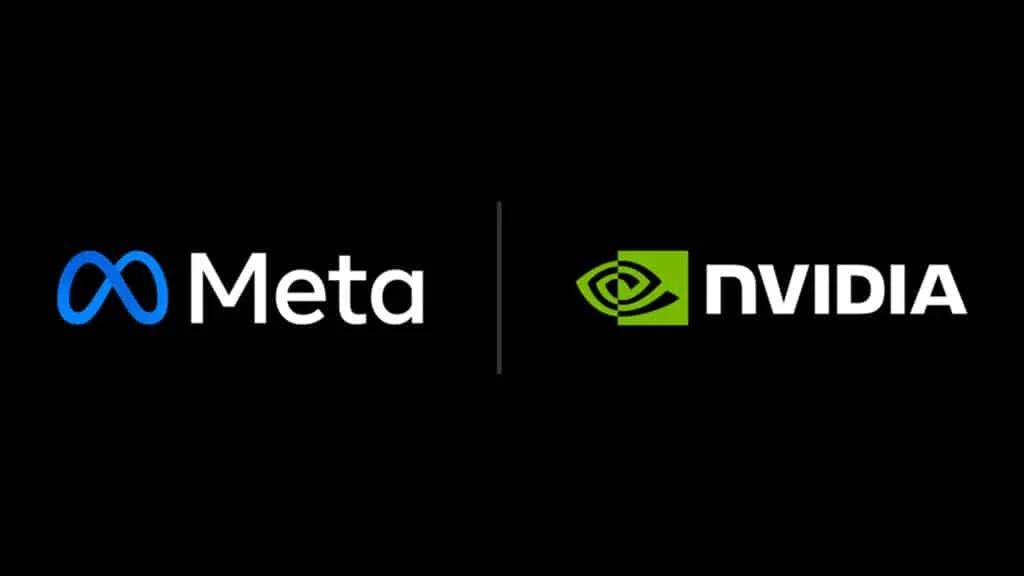The News: Microsoft announced at the end of February the public preview of Copilot for Finance, a business extension of Microsoft Copilot tailored for finance professionals. The key capabilities of the tool are designed to surface insights in a simpler manner to help support decision-making and reduce the time spent on manual, repetitive work, and connect to an organization’s data sources through familiar interfaces such as Excel and Outlook. The public preview release includes use cases focused on variance analysis, reconciliation, and collections. You can read more details on the announcement on the Microsoft website.
Microsoft Releases Public Preview of Copilot for Finance
Analyst Take: Microsoft is continuing to roll out additional generative-AI based Copilot assistants, designed to reduce manual and repetitive work, as well as make it easier to interact with data held within existing corporate sources and applications. The company announced that Copilot for Finance is now available in public preview, and joins Copilot for Sales and Copilot for Service, now generally available, to provide AI-powered, role-based workflow automation, recommendations, and guided actions in the flow of work.
Microsoft Copilot for Finance is designed to help improve worker efficiency, unify data and applications to make it simpler for workers to access data and drive actions, and support critical finance functions through AI-powered use cases such as variance analysis, reconciliation, and collections.
Providing an Accessible Platform for Insights
Copilot for Finance connects to existing financial systems, including Dynamics 365 and SAP, as well as thousands more with Microsoft Copilot Studio. With the ability to both pull insight from and update actions back to existing sources, Copilot for Finance empowers users to stay in the flow of work and complete tasks more efficiently.
Copilot helps break down information and application silos while actively deriving insights, recommendations, and guidance from a variety of data sources—all in accordance with Microsoft’s responsible AI principles. With Microsoft Copilot Studio, businesses can further customize Copilot for business processes inside of Copilot for Microsoft 365 and its role-based extensions.
According to Microsoft, Copilot for Finance helps financial analysts quickly conduct a variance analysis in Excel using natural language prompts to review data sets for anomalies, risks, and unmatched values. It can also be used to simplify the reconciliation process in Excel with automated data structure comparisons and guided troubleshooting to help move from insight to action, which Microsoft says will help ensure the reliability and accuracy of financial records.
Copilot for Finance also can offer a complete summary of relevant customer account details in Outlook, such as balance statements and invoices, to expedite the collections process, and allows customers to turn raw data in Excel into presentation-ready visuals and reports ready to be shared across Outlook and Teams.
Leveraging Generative AI Functionality to Drive Efficiency and Support Faster Time to Impact
Generative AI is continuing to help knowledge workers accomplish tasks more quickly and efficiently. The public release of Copilot for Finance is further evidence that the technology’s ability to surface relevant and accurate information is improving, and is suitable for use within the enterprise.
While more basic functions, such as summarizing interactions or generating content to start an email are and will continue to be useful, Microsoft is clearly focused on developing its Copilot technology to drive further into organizations via more complex use cases.
Targeting the finance functions is particularly interesting, because tasks and use cases within these workflows have zero margin for error; any inaccuracies or errors will have an immediate negative impact on the business.
Copilot for Finance is designed to let workers surface insights and interact with financial data more efficiently and effectively, helping to reduce or eliminate manual errors that can occur when working across multiple applications or systems. Copilot for Finance can suggest actions in the flow of work based on contextual insights in the data, and allows users to ask questions by typing a prompt in natural language. Most importantly, users can easily check source data to ensure transparency before using Copilot to take any actions. Microsoft’s commitment to deploying AI responsibly and safely also helps to engender confidence that the technology will work as intended, without hallucinating.
Generative AI Functionality Is Table Stakes; How It Is Deployed Will Be a Key Decision Driver for Enterprises
Ultimately. Copilot for Finance is yet another catalyst that is designed to help support both Microsoft’s and its customers’ goal of leveraging generative AI across the entire organization, and supporting the ability to access and use data from within the flow of work, instead of needing to switch applications.
As enterprise organizations continue to reevaluate their technology stacks, leaders will be focusing on selecting and retaining platforms that not only on deriving greater efficiency and accuracy from their workers, but increasingly leverage generative AI to handle more complex functions that can lead to quantifiable business benefits. Microsoft’s approach of launching function-specific Copilots that can reach across and into other applications appears to be a successful tactic for delivering business benefits quickly and efficiently.
Disclosure: The Futurum Group is a research and advisory firm that engages or has engaged in research, analysis, and advisory services with many technology companies, including those mentioned in this article. The author does not hold any equity positions with any company mentioned in this article.
Analysis and opinions expressed herein are specific to the analyst individually and data and other information that might have been provided for validation, not those of The Futurum Group as a whole.
Other Insights from The Futurum Group:
Market Insight Report: Retail-Focused Enterprise Applications
Cisco and Microsoft Partner for Cloud and AI Collaboration
Microsoft Q2 2024 Earnings Set the Tone for Tech in 2024
Author Information
Keith Kirkpatrick is VP & Research Director, Enterprise Software & Digital Workflows for The Futurum Group. Keith has over 25 years of experience in research, marketing, and consulting-based fields.
He has authored in-depth reports and market forecast studies covering artificial intelligence, biometrics, data analytics, robotics, high performance computing, and quantum computing, with a specific focus on the use of these technologies within large enterprise organizations and SMBs. He has also established strong working relationships with the international technology vendor community and is a frequent speaker at industry conferences and events.
In his career as a financial and technology journalist he has written for national and trade publications, including BusinessWeek, CNBC.com, Investment Dealers’ Digest, The Red Herring, The Communications of the ACM, and Mobile Computing & Communications, among others.
He is a member of the Association of Independent Information Professionals (AIIP).
Keith holds dual Bachelor of Arts degrees in Magazine Journalism and Sociology from Syracuse University.







